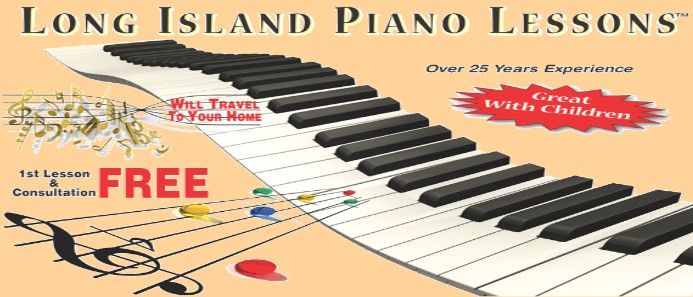
The Joy of Piano Lessons for Senior Citizens: Enhancing Cognition and Well-Being
As we age, maintaining cognitive health becomes increasingly important. Engaging in activities that stimulate the brain can help stave off cognitive decline and enhance overall well-being. One such enriching pursuit is learning to play the piano. Piano lessons for senior citizens not only offer the joy of music but also provide numerous cognitive benefits. Let’s explore how these lessons can be a delightful and impactful addition to the lives of older adults.
The Cognitive Benefits of Learning Piano
1-Improved Memory: Learning to play the piano involves memorizing notes, scales, and songs. This process exercises the brain, strengthening memory pathways. Studies show that musical training can enhance both short-term and long-term memory, which can be particularly beneficial for seniors.
2- Enhanced Coordination: Playing the piano requires hand-eye coordination and the simultaneous use of both hands. This dual-tasking engages multiple brain regions, improving fine motor skills and coordination. Over time, these skills can translate to better overall dexterity and agility in daily tasks.
3- Increased Focus and Concentration: Learning music requires concentration and attention to detail. For seniors, this heightened focus can help combat distractions and improve cognitive clarity, leading to better problem-solving abilities and decision-making skills.
4-Social Interaction: Piano lessons can also be a social activity, offering opportunities to connect with others. Whether in a group class or a duet with a friend, these interactions can reduce feelings of loneliness and isolation, fostering a sense of community and belonging.
5- Emotional Expression: Music is a powerful medium for emotional expression. Playing the piano allows seniors to convey their feelings and thoughts in a unique way, which can lead to increased emotional well-being and a greater sense of purpose.
Tips for Senior Citizens Starting Piano Lessons
1-Choose the Right Teacher: Look for instructors experienced in teaching older adults. A patient and understanding teacher can make the learning process enjoyable and tailored to individual needs.
2- Start Slow: It’s important to begin with simple pieces and gradually progress to more complex songs. This approach builds confidence and ensures that learning remains enjoyable.
3- Set Realistic Goals: Establish achievable milestones. Whether it’s learning a simple melody or mastering a favorite song, celebrating small victories can motivate continued progress.
4- Practice Regularly: Consistency is key in learning any instrument. Setting aside a specific time each day for practice, even if it’s just 15-20 minutes, can make a significant difference.
5- Use Technology: Many apps and online resources are available that can enhance the learning experience. Interactive tools can provide additional practice and reinforce lessons in a fun way.
Conclusion
Piano lessons offer a wonderful opportunity for senior citizens to enrich their lives both musically and cognitively. The benefits of learning an instrument go far beyond the joy of making music; they include improved memory, enhanced coordination, increased focus, and emotional expression. Embracing this creative outlet not only promotes cognitive health but also fosters connections and a sense of accomplishment.
For seniors looking to explore new horizons, picking up the piano could be the key to unlocking a world of joy and cognitive vitality. Whether you’re a complete beginner or revisiting an old passion, the piano awaits—ready to fill your life with music and meaning.
